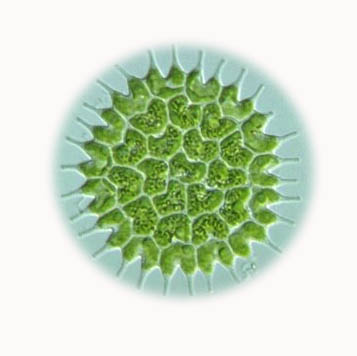During the Amsterdam Innovation relay on 12 November, the TU and the company Algae Food & Fuel signed a contract for a six-year research project into algae production. Algal Food & Fuel intends to upscale the Delft technology into a production line for algal oil.
Algae are interesting candidates for the production of biodiesel. Researchers of the department of biotechnology (faculty Applied Sciences) have developed a clever way of finding the fattest and therefore the most suitable examples among all the many species of algae. An article entitled Survival of the Fattest describing their new Darwinian approach appeared in the online edition of Energy and Environmental Science.
“We are unconcerned whether species A or species B is used in our system, as long as they have the characteristic ‘fat’. Basically, all algae are welcome in our system”, says the first author of the article, PhD student Peter Mooij.
“The principle works as follows: we go to the nearest pond and fill a test tube with algae. Back in the lab, we put the tube in a reactor. Then we provide the algae with light and CO2 during the day. This is enough for them to produce oil; however they are unable to divide. They need nutrients for cell division and we only give them these in the dark. To absorb the nutrients, they use energy and carbon. This means that only the fattest algae can divide, as they have stored energy and carbon during the day. By removing some of the algae every day, the culture will eventually exist of only the fattest algae.”
However, there is a wee problem with the fat algae; not all of them are fat with oil. In fact, most produce starch as their food storage. Researchers are now trying to nudge the algae into producing oil instead.



Comments are closed.